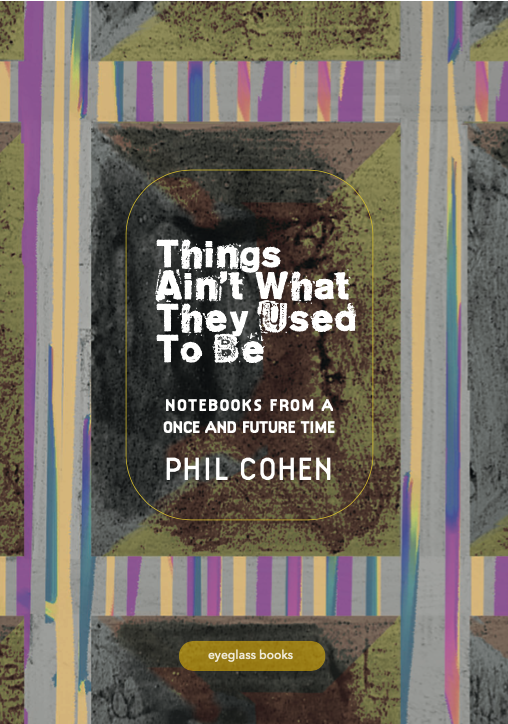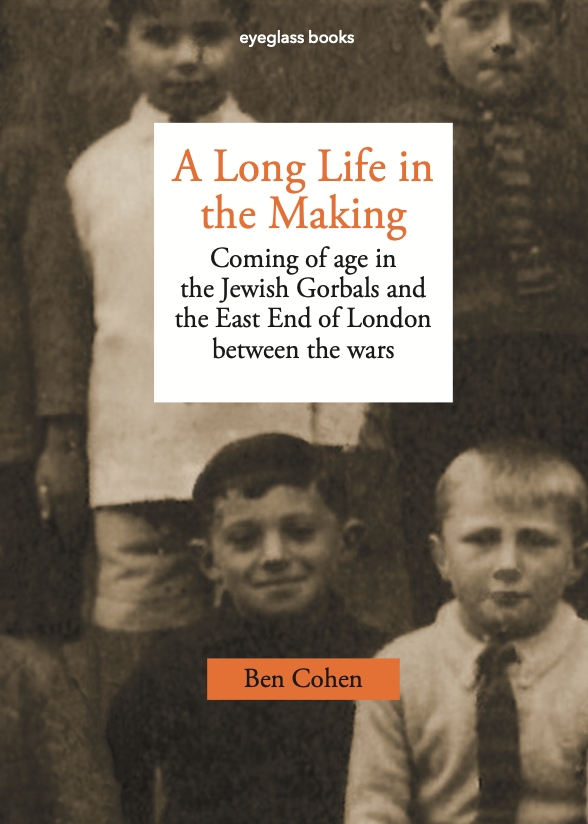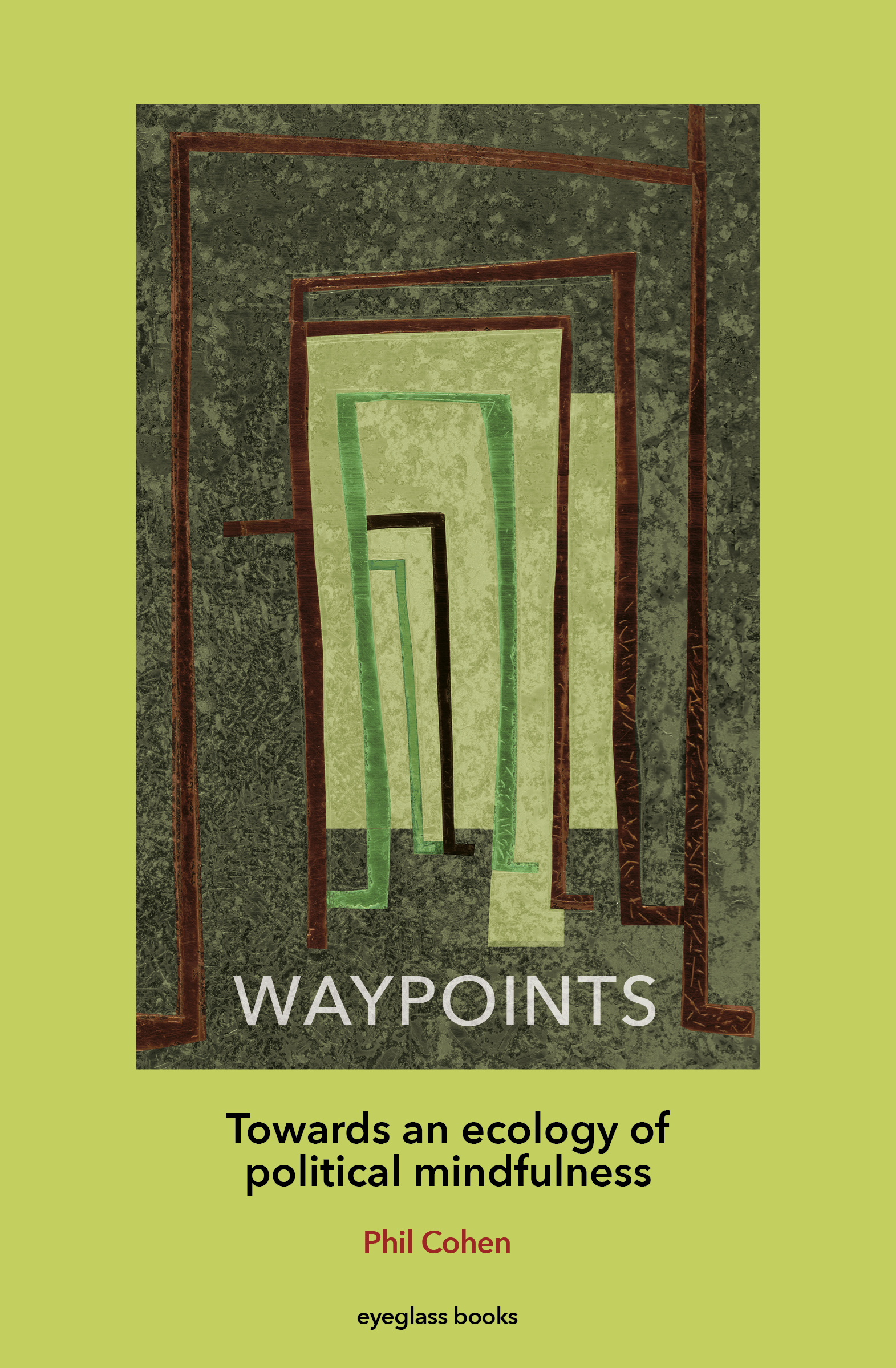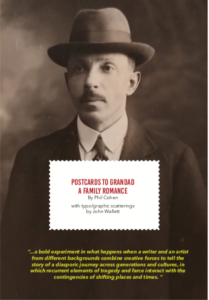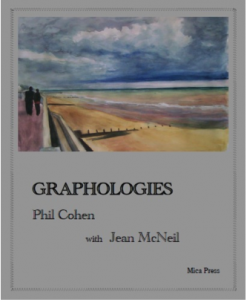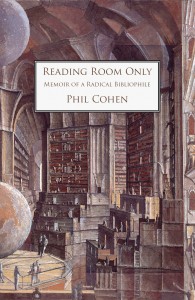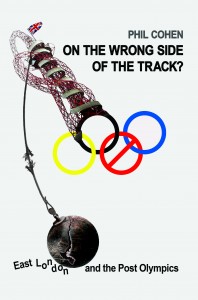The well known nursery rhyme flashed into my mind as I pitched forward onto the wet pavement, instinctively putting my right hand out to break my fall. No it was’nt a serious as the Black Death, but neither was the searing pain in my right shoulder a benign memento of a children’s counting out game, to take the two dominant interpretations of Ring a Ring of Roses nursery rhyme. I could do the sneezing part all right as I had a ferocious cold but later in the A & E , where they diagnosed a fractured humerus, that seemed the least of my concerns.
I do not regard myself as accident prone but over the past few years for various reasons I have become something of a connoisseur of A & E departments. St Thomas’s was definitely a cut above the rest. Of course it had its cast of stock characters: the alcoholic in residence who spent his time shouting obscenities at passing nurses, the woman giving an all too graphic description of her injured thumb to a long suffering friend (or was it an imaginary companion, as there was no pause in her lyric flow) “and where the nail was there’s just a purple gash with the blood oozing out, and strips of skin hanging off like icicles..” There was the usual assemblage of wrecked humanity, most of them conspicuously poor, both young and old, and much the worse for the wear and tear of their daily encounters with a hostile or indifferent world.
What made St Thomas’ different from the other hospitals was its combination of procedural efficiency and tactical care. The nurse in reception realised I was in a state of shock and promptly organised pain killers and a cup of hot sweet tea, before expediting me to X ray. After that came the Big Wait, until around 2.am I was seen by a middle aged Polish lady doctor who gave me a rather world weary look and a lecture about not drinking too much. Quite how she had got the idea that I had fallen over because I was drunk, I have no idea. Maybe she just assumed that anyone with ‘writer’ down as their occupation would have a natural disposition to compete with Dylan Thomas, Marguerite Duras, Anne Sexton, Elizabeth Bishop, Scott Fitzgerald, Jack Kerouac and Truman Capote, just to mention a few of my favourite literary lushes. At any rate it made me think that I had better dream up some more or less heroic cover story to disguise the all too mundane circumstances under which my bodily auto pilot had crashed while navigating some slippery cobblestones. So had I injured my shoulder bringing down an armed robber with a rugby tackle outside the Co-Op Bank? Or perhaps I had been beaten up by a gang of thugs dressed as policeman – this version at least had the street cred of actually having happened to me.
Sadly there was no getting away from the fact that the whole regrettable episode was a dress rehearsal for the infirmities and indignities of old age: needing help with dressing, having your food cut up for you, the general loss of facility with one’s body, disrupting the taken for granted easy intimacies of its daily care, a premonition of the end game I had already experienced with my dad who is now 100, blind and suffering from serious dementia.
Cue for displays of stoicism, fortitude, resilience and coping, those weasel words which cover a host of equivocations. So as a paid up member of the Islington Grin and Bear it Club I have now bought a poncho from Top Shop and become of one of this season’s fashionistas, even without the Clint Eastwood look. I have also started to write emails with one finger of my left hand so they came out looking
like
an ee
cummings
poem
with (out)
the funny bits
at the end
On the same principle I have learnt how to shave all over again with my left hand. My new diet is spoon fed , I avoid toast and rare steaks and anything in tins. Worse still I have broken the habit of a life time and now gently tap the shell of my boiled egg with a spoon to gain entry, rather than vigorously slicing its head off with a knife, thus becoming one of those crypto- veggies who, like Freud, equate eating with oral sadism. I have even joined the Boy Scouts, being only able to do a left to left handshake and, at last, many years after reading Zen and the art of motorcycle maintenance, I have heard the sound of one hand clapping..
All well and good, but hang on a moment. I try to confine my macho-masochism to watching England play cricket, rugby or football. I have never thought of pain and suffering as more than an inevitable and unpleasant part of the human condition to be minimised as far as possible, like mosquito bites or academic bores. I have never be able to understand that version of Christianity which sees something redemptive about suffering, or worse still, regards it as self -inflicted punishment for failing to walk the straight and narrow path to salvation. The wages of sin may be death, but as someone who takes delight in wandering off the beaten track, I think it is about time God gave us wayward travellers a pay rise, and realised that without sinners He and his followers would be out of a job. A free ticket to ride on Blake’s Road of Excess that leads to the Palace of Wisdom would do just fine…
In the meantime I have had to make do with a much restricted regime of pleasure, and an exploration of just what the fearful asymmetry of mind and body actually amounts to. Neuroscience tells us that the left hemisphere of the brain controls the right hand and arm, and the right hemisphere the left. Lateral specialisation is specific to hominids and has evolutionary value, although there is disagreement as to the cause. Some argue that right handedness became dominant because women hunters used their left arm to hold their babies close to their bosom and heartbeat, so they could use their right for hurling rocks, or later, spears at passing animals or menfolk. Others have suggested that the left hemisphere, and hence right arm, is better adapted to performing precise movements with tools, for the purposes of drawing, writing or fashioning artefacts. No –one has explained why that situation is reversed for people whose left hand is dominant and does most of the work. Even so, it turns out that right handed people’s left hands play quite an active role; in fact they are a bit like the sidekick or foil in a comic duo, who feeds the lines that enables the dominant partner to deliver the punch lines. Our left hand always knows what our right hand is planning to do, even though it appears to be quite ’hands off’ while the right hand is so busy doing its hands- on thing that it quite forgets to acknowledge this supporting role.
Its a perfect double act, but when the dominant hand is for some reason put out of action, its accomplice suddenly find itself having to do a whole lot of tasks for which it is ill equipped. My left hand, let’s call it Stan ( as in Laurel), is no longer on speaking terms with Ollie (aka Hardy), who is furious at the sudden loss of power. They are seriously out of synch and sulking, in revolt against this newly imposed division of labour. Stan never though he would have to wipe my bum, that is Ollie’s job, and Ollie resents Stan taking over the clever stuff, like cutting toe nails or typing on a keyboard to write this.
Hands,of course are multi-taskers, they stroke and caress, they slap and tickle, they catch balls and chuck bombs, they clench themselves into fists and grab what they can get away with, they are capable of the most sublime gestures and the most hateful. Shoulders on the other hand (sic) have a much more restricted repertoire. They are not so laterally specialised, and they mostly work in tandem. Ever tried hunching one shoulder, or trying to give an impression of off handedness by shrugging the left shoulder and not the right? Even giving someone the cold shoulder, which seems to imply that the other one is hot, or at least more warmly disposed, turns out be more metaphor than model of how this part of the body works. As proof of this, I have no problem with doing a two shoulder shrug, but cannot move my right hand to synchronise with the left’s upward movement which usually accompanies the gesture, especially if you are Jewish. What use is an ‘Oy’ without a ‘Vay’ when it comes to kvetching, and what better excuse for complaining about ill fortune than an accident which costs you an arm or a leg?
Perhaps it is this apparent symmetry that has made our shoulders such beasts of burden. Ever since Atlas undertook to bear the weight of the world on them, shoulders have been allotted the task of carrying out the most onerous civic duties. While Homo Faber developed handicraft skills, Animal Laborans was condemned to put his shoulder to the wheel of industry and use brute bio-energy to keep the forces of production in business. Even today when manual labour, like the form of masculinity it gave rise to, is more or less redundant, or sublimated in various kinds of athleticism, we still routinely talk about putting old heads on young shoulders, as if the putative wisdom of age could somehow be appropriated and lighten rather than intensify the burden imposed on each new generation to carry the hopes of its parents and predecessors.
It is partly because shoulders give such a good impression of even handedness that we fail to recognise the profound asymmetry at work in co-ordinating our movements behind the scenes, unless our attention is drawn to it. The one per cent of the population who are genuinely ambidextrous are the object of curiosity, but rarely of admiration or envy. We had one boy at our school who could bat as well left handed as right, he was quite an asset in confusing the bowlers of the opposing team, but privately, behind his back, he was regarded as a bit of a freak. I think this ambivalence must be put down to the subliminal recognition it is our very lopsidedness that confers competitive advantage and has evolutionary value, although symmetry continues to rule Ok in terms of our appreciation of human beauty and its physical features.
As soon as we move from physical to moral anatomy, from the aesthetics of body imagery to the ethics of the body politic it is a very different story. Now all the latent antinomies emerge into view.Here is a simple inventory of the binary attributes of left and right handedness whose normative power is exercised through a whole range of social, cultural and political institutions:
LEFT RIGHT
Profane Sacred
Sinister Benign
Ill fated Fortunate
Impure Pure
Gauche Adroit
Slow Quick
Weak Strong
So who in their right mind would be a leftie? It has been easy enough to find consolation for this unjust distribution of connotations by tracing the historical provenance and evolution of the left/right distinction within the field of political discourse. But today we are faced with the possible obsolescence of these terms, in a world where the association of the Left with forces of Progress and Modernity and the Right with Reaction and the Ancien Regime can no longer be taken for granted and no longer has the same purchase on the sociological imagination of the future. Under these circumstances we can expect a certain regression from the ideological polarities inscribed in the body politic to an asymmetric moral economy anchored in a more primordial set of relations to the body and its Other scene.
We are already familiar with how this economy works. We get a perverse sado-masochistic kick out of watching slapstick comedy routines, safe in the knowledge that the trading of insults and even blows does not lead to permanent physical or moral injury. Translated from the idiom of body language into the realm of political aesthetics we arrive at the notion of Concordia Discors, whose organising principles were first spelt out by Alexander Pope in the early 18th century and which have been re-iterated in one form or another ever since:
Not chaos, like together crush’d and bruised
But as the world, harmoniously confused
Where order in variety we see
And where, tho all things differ, all agree.
This notion of ‘harmonious confusion’, of a reconciliation between principles of symmetry and asymmetry, whether in power or exchange relations, has been a key element in reaching ideological consensus around issue of governance. If there is to be a re-enchantment of politics as an arena of popular democratic action in which the struggle for social justice is even handed – and not just a lopsided project of revenge – then it will have to free itself once and for all from its dependency on such organic constructs. But how do we shoulder the responsibility of creating such an alternative space of representation when it is so much easier to shrug it off as just another utopian project, or worse still, a ‘post capitalist’ attempt to put Humpty Dumpty back together again after his great economic fall.
The fact is that all the king’s horses and all the king’s men (aka the IMF,World Bank, EU) cannot fix the coming crisis of profitability and mass precarity ushered in by the global informatics economy. There will be no shortage of neo-labourist proposals for mending the broken system, and in the short term perhaps that is the best chance the Left has of constructing an electoral majority. But in the long run, we have to find the common resources to imagineer a future beyond the chaotic synchronicities of capital and learn to live by metaphors of resistance other than those offered by the natural symbolisms of the body, however ‘ crushed and bruised’ . Instead of alternating between ‘top down’ and ‘bottom up’ models of change which only underwrite their common bio-political template of hierarchised function, we need to invent a new transversal language, neither cerebral or scatological, to articulate a vision of everything that matters in between. At the very least that task should keep me busy over Christmas while I wait for normal service to be resumed.
